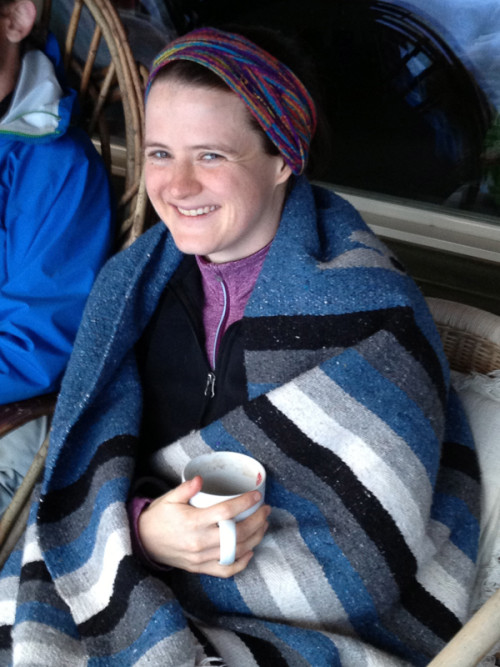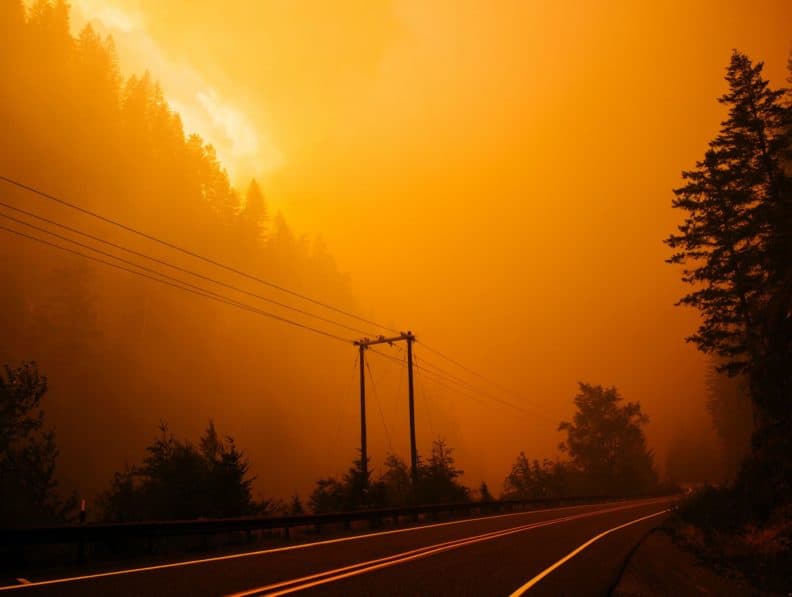
A Call to Education toward Resilience
The shift was abrupt. It came with little warning. As smoke billowed up the Newhalem Gorge and filled the tiny mountain town of Diablo, I had 20 minutes to grab everything I could. I felt an adrenaline rush unlike anything I have ever experienced: a heart-pumping, exhilaration-fueled energy that poured out like a shield against the danger all around me.
The Goodell Wildfire started out small, but on a hot and dry day in August, winds picked up and fanned the flames into the canyon toward Diablo and the North Cascades Environmental Learning Center. The order to evacuate came sudden, and for the first time in my life, I was a refugee from natural disaster, an increasingly common occurrence as our global climate continues to change. I evacuated from my home of over a year with everything I owned piled in my car.
Along with a caravan of other evacuees who were now blocked from heading west on Highway 20, I traveled east over Washington Pass, and into evacuation zone after evacuation zone with much of central Washington on fire. I didn’t slow down enough to feel scared until I woke up in Seattle the next morning, far from my North Cascades home, and realized all that was still in jeopardy.
With long hours, and living far away from other people and services, we had become like family at the Learning Center – working, learning, playing, crying, laughing and growing together. During the fire, this family of mine was scattered to the wind, our roots shaken as the flames closed in. It didn’t feel right to be away from this home even though my graduate school residency was scheduled to be over and I would soon be moving to Bellingham anyway. So I drove back up Highway 20 until I reached the comforting basecamp that was the Marblemount Blue House.
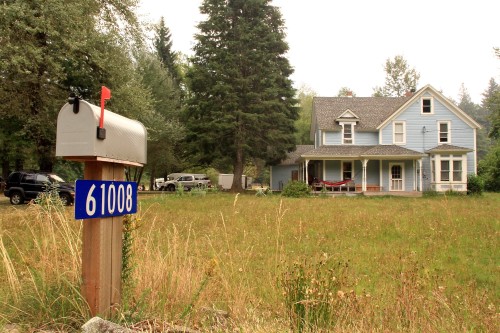
The Institute purchased this old ranch house on the Skagit River to house five staff and graduate students. The Blue House was now buzzing with frenzied activity. As I approached I saw sixteen recently arrived graduate students from Cohort 15 standing in a circle along with several Institute naturalists, Learning Center operations staff and the program team. The relief that flooded me at the sight of so many members of my community was immense.
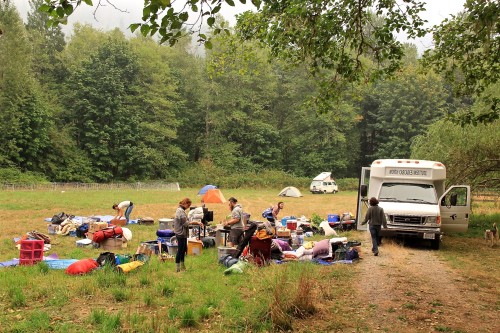
The Blue House was now an anthill of human activity. The hayfield turned into a gridlocked parking lot of Subarus filled with haphazard piles of well-loved odds and ends. Blue House residents like Max and Dylan served as comforting leaders and a welcoming hospitality team. They directed bathroom traffic, weed-wacked to create camping sites, streamlined kitchen and living spaces for communal use and generally guided the rest of the wide-eyed refugees through the logistics of close-quarters life. Kitchen staff Coleen, Derrick, Kristi and Kent breathed comfort into the food they produced with the tenderness all of us craved in our time of disorientation. Kevin, Lindsey and Joshua on the program team alternated between taking charge and meeting the infinite needs of a bevy of homeless staff and students.
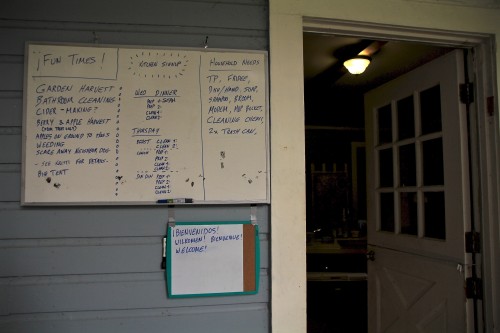
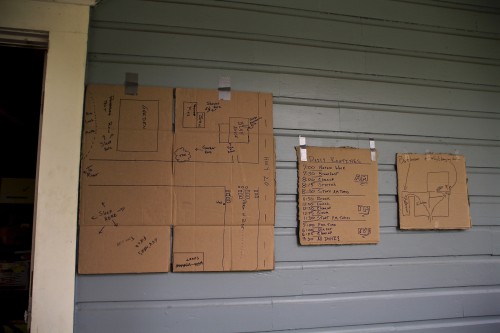
Never in my life have I seen such resilience as it emerged during those first few days following the fire. The extended North Cascades Institute “family” offered homes, supplies and endless messages of support. Sedro-Woolley office staff worked late into the night developing contingency plans for fall programs and getting information out to the public. And our crew at the Blue House improvised spectacularly.
The new graduate students of Cohort 15 didn’t know when or if they would be allowed to return to the Learning Center for their residency. Yet they were calm, collected and remarkably flexible. They camped by the river and participated in training despite this abrupt displacement, enabling them to return to work several weeks later prepared for hundreds of Mountain School students and other fall programs. Regular program staff practiced leadership in new ways. And all of us learned what really matters: education, adaptation, teamwork, community, and resiliency.
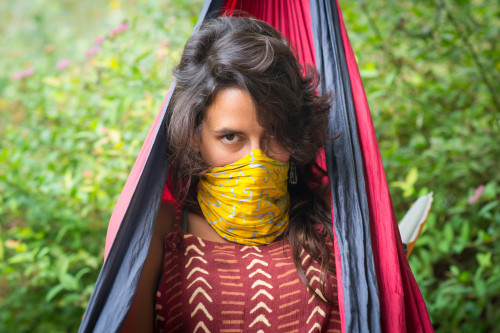
Over the last 29 years, North Cascades Institute has grown into a remarkable and resilient community. My cohort of graduate students are just one of many groups of people who have grown in their leadership, knowledge and creativity as a direct result of our education with North Cascades Institute. The Institute is conserving and restoring Northwest environments through education and I believe our world needs more people empowered toward resilience by just this sort of experience.
Thank you to each of you in the North Cascades Institute community for your generosity and support during one of the most transformative years of my life and especially for your kindness during a time of incredible displacement and need.
With gratitude and appreciation,
Liz Blackman, Cohort 14
